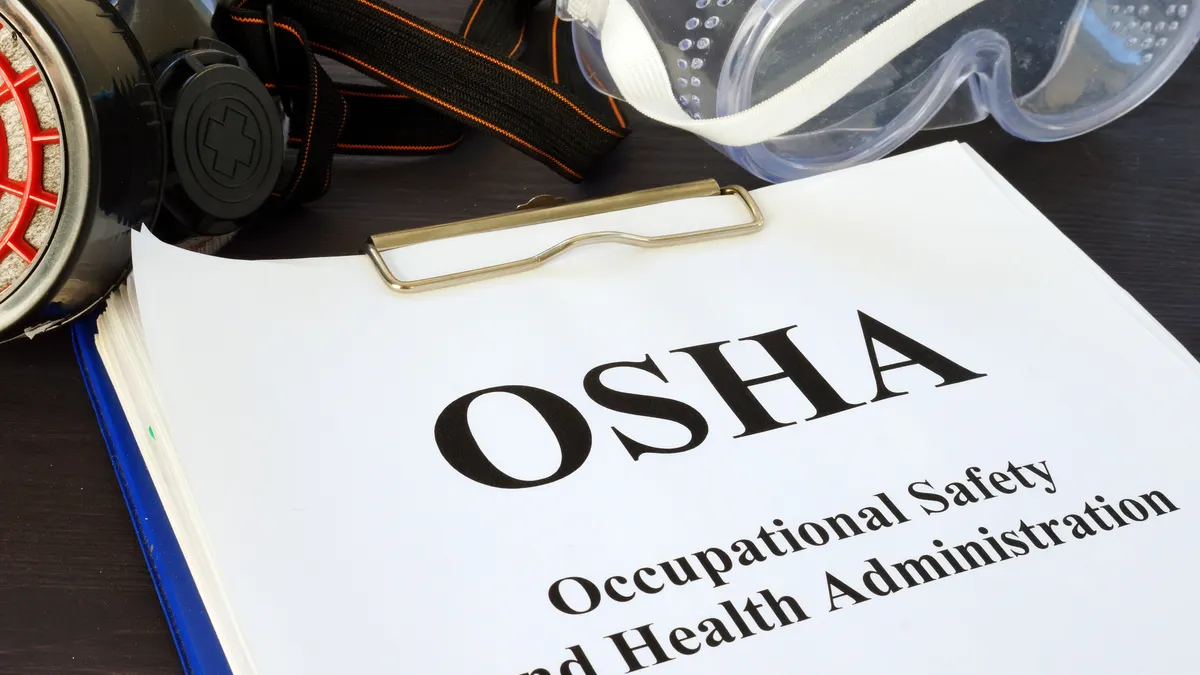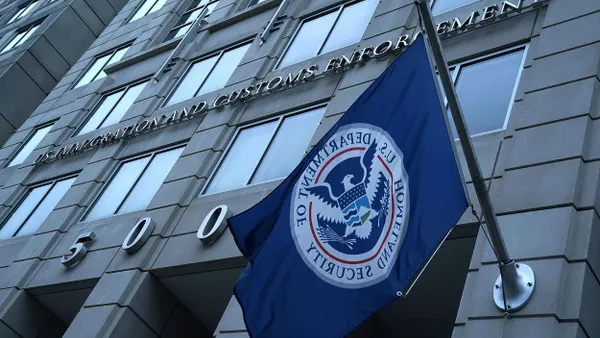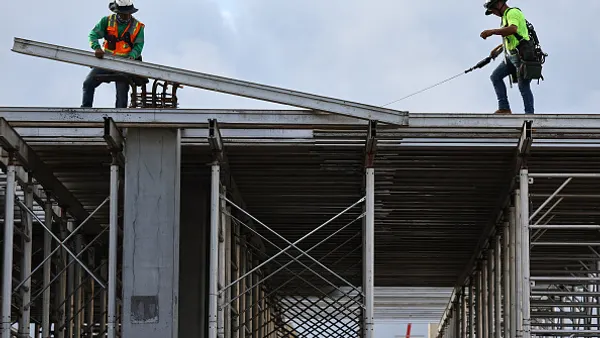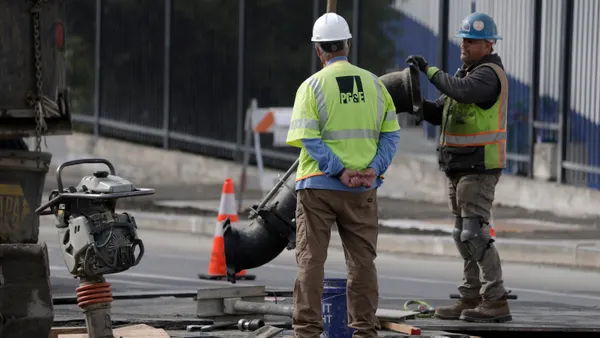The federal government’s shutdown has crossed the three-week threshold, and there isn’t a clear timeline yet for when it could be resolved.
For agencies like OSHA, that time lost during the closure is hard to gain back for necessary work.
“I think of it in terms of like when I was a kid in school,” said Jim Frederick, principal for Washington, D.C.-based consulting firm NexusHSE and former deputy assistant secretary of OSHA under President Joe Biden. “If it's a snow day, you miss that whole day.”
It can be hard to make up for that work when the time for specific lessons (or rulemaking) has been constrained.
“They're missing whole days right now,” Frederick said. “This is just weeks out of the calendar that will no longer be there.”
Meanwhile, the Senate voted to approve a new head of the agency this month, but David Keeling still hasn’t been sworn in. Amid all the question marks, employers need to stay in the know while the government remains closed and eye what the priorities may be when it reopens, experts say.
Hard-and-fast deadlines
Though the federal government is on pause, not everything grinds to a complete halt. For example, while most offices are empty, about 20% of OSHA staff remains on the job, Frederick said. This is mostly field staff for the most critical safety needs.
But having that skeleton crew means many deadlines still may not be met by OSHA. Even so, employers should pay attention in the meantime, said Phillip Russell, Tampa, Florida-based OSHA and employment lawyer at Ogletree Deakins.
OSHA is required by mandate to issue any citations within six months of inspection. If that deadline falls within the shutdown period and OSHA doesn’t take action, the inspection is moot, Russell said.
At the same time, employers should still be mindful that the 15-day period to contest a citation also still applies.
“You need to pay attention to it, even if the government is not working, that doesn’t mean the deadline goes away,” Russell said.
Rulemaking timeline
With the “snow day” effect, prioritizing rulemaking may be vital for OSHA to figure out what work it wants to carry out during President Donald Trump’s term.
For example, the proposed heat injury and illness standard, first published in the summer of 2024, holds an Oct. 30 deadline for additional comments for any stakeholders unavailable to comment publicly during hearings this past summer.
Much of the time to review those comments may have already lapsed, Frederick said.
The Biden administration had prioritized the heat rule. Even at an elevated pace, it took three and a half years to publish a rule that, ultimately, has not gone into effect. The current draft likely won’t become an enacted standard, said Heather MacDougall, corporate safety attorney as well as the former vice president of safety for Amazon.
Critics said the proposed rule was too specific and burdensome, calling instead for a performance-based — or more business friendly — version.
Nonetheless, MacDougall believes an altered standard could come to pass. To implement it, though, the Trump administration would need to hit the ground running once OSHA reopens.
“The clock is ticking,” MacDougall said. “It's probably not an easy lift to promulgate a rule, especially a rule like that heat rule, in the next three years.”
Lower staffing, shifting priorities
Since the beginning of his second presidency, Trump has attempted to cut federal government headcount. During the shutdown, his administration has announced about 4,000 mass layoffs, NPR reported. OSHA has not yet been targeted, for a few reasons.
“OSHA’s broke, right?” Frederick said. “I mean, the budget is too small, they're broke.” As a result, targeting its headcount doesn’t save much money.
Meanwhile, MacDougall said she knew several OSHA employees, particularly at the senior level, who took the “fork in the road” buyout offer.
“It would be really hard for it to not impact the work of OSHA,” MacDougall said. “They lost a lot of people and their ability to hire backfill, I think, is impacted by what Trump is doing as well in terms of freezing hiring in the government. So, I think that's going to impact their agenda in terms of their inspection and enforcement priorities as well as what goes on in rulemaking.”
With that shift, MacDougall predicted more focus on cooperation and functioning as a resource for employers, rather than an agency focused on new rulemaking or enforcement of existing standards.














